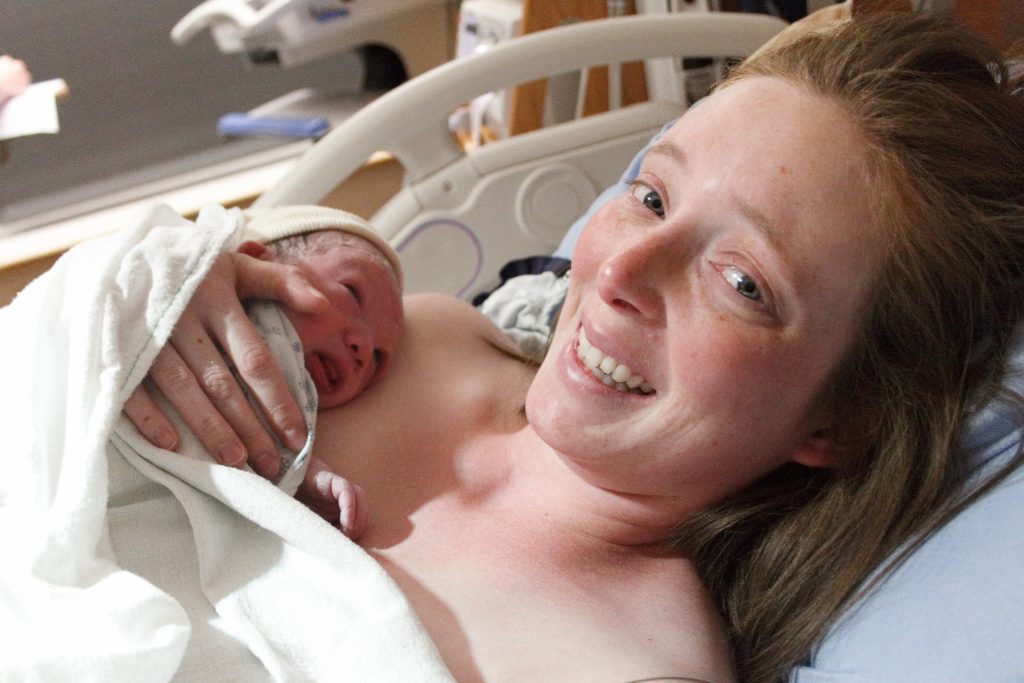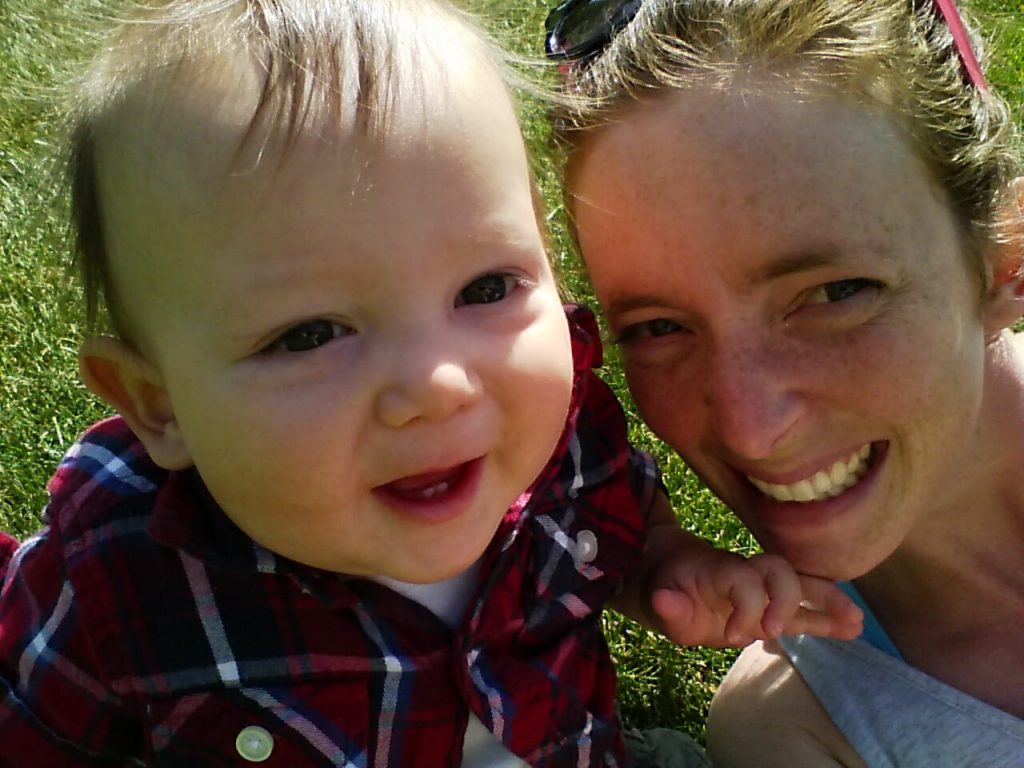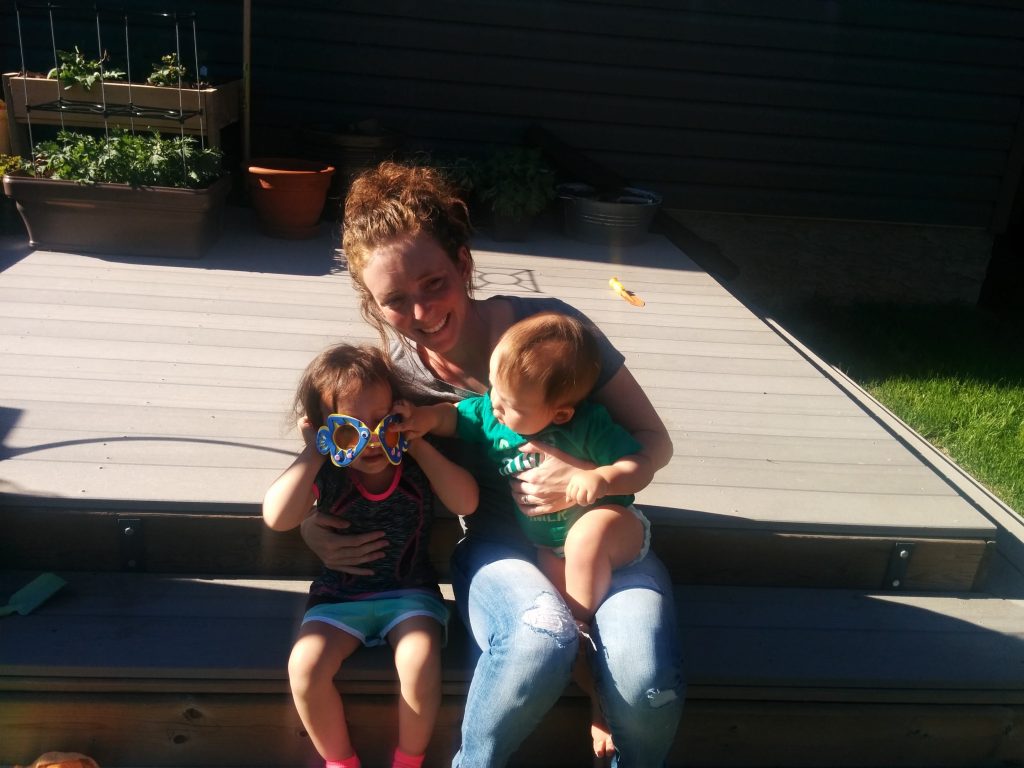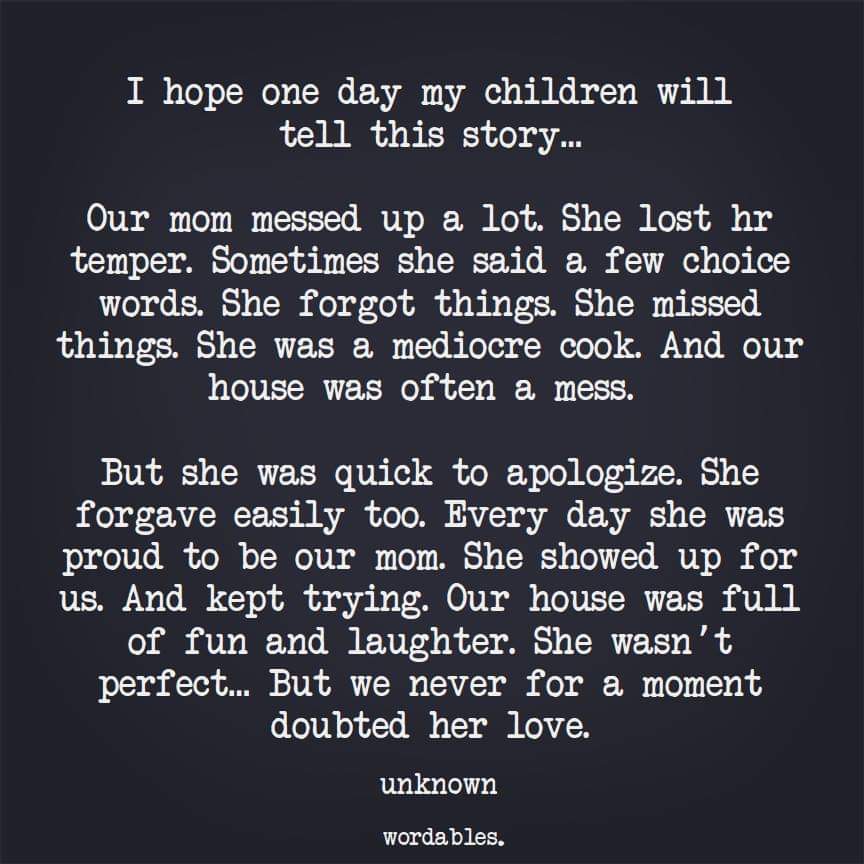This week is Maternal Mental Health week and today also happens to be National Nurses’ Day so it seems completely appropriate that there should be a post about postpartum depression and what I know about it. If you want to know all about PPD and anxiety, talk to me. I can talk for hours about this subject because 1) I suffered from severe PPD and anxiety for so long before I was brave enough to ask for help 2) I have spent the last three years working with postpartum moms in a nursing capacity and I have seen hundreds of mom struggle with this relentless illness. The information I know is based on evidence-based research and experience — bottom line though, if something doesn’t feel right, it’s probably not. If you’re wondering if you’re struggling, you probably are. And there is so much power in talking about how you’re feeling. Reach out to someone, anyone. Tell your friends, your partner, post it on social media, or do a quick search for postpartum depression support in your area and you’ll find people who support you. Another bottom line is that you might not get the response you want the first time so talk to someone else! Sometimes well-meaning support people just don’t know what to say when you utter the words PPD, so they say something that isn’t helpful and it might make you think that they don’t care. They do, but you may need to stretch your resources. Still want to know more about PPD? Let me tell you some fun facts about my experience.


- As a whole, I saw more nurses and teachers with PPD than any other profession. It is so common, in fact, that before I would see a mama I would ask her what she does for a living. If she is a nurse or a teacher, I was prepared for an anxious mom. Personally, I haven’t met many nurses and teachers who have babies and don’t have some degree of PPA or PPD. Why? Because we have incredibly high standards for ourselves. We help others as our life’s work. We love organization, lists and control. Guess what motherhood doesn’t have — any of those things! Babies are unpredictable, and often don’t respond to a policy and procedure manual. They don’t like lists either. And we are way less likely to ask for help because in general we are used to helping others. This is not documented and obviously there are many other people in other professions who struggle, but if I was a betting woman, I would say that the helpers are typically the ones who struggle.
- You might need to try a few different medications to find the right fit and it might take a while to find the right dose but guys, its worth trying. Think of trying medication like this— if you had a heart condition that was life-threatening if untreated, would you go on medication? Would you think you’re failing? Would you say “no, I think I’ll wait until I stop breastfeeding, even though there are hundreds of studies that say breastfeeding and this particular medication are safe”? I didn’t think so. So why give up after trying one or even two different medications and not seeing immediate results. You’re changing the chemistry of your brain, so it might take more than a few days to work. I promise it will be worth it.
- Birth trauma is real— whether you have had a life-threatening event or not. In fact, most people who report having birth trauma said that the most common reason for trauma was that they didn’t feel in control during their birthing experience. Things don’t go as planned and feelings are invalidated by the worst statements ever “at least….. you are safe, you are healthy, you have your baby, everyone is healthy” or “there’s always next time…”. I could go on and on and on. Sometimes all we need is just “I would love to listen to….” or “tell me more about….”. Again, its so important to talk about how you’re feeling.
- Just because you didn’t struggle with your first baby, doesn’t mean that you love your second baby any less. Two + kids is a whole new ball game. Someone always needs you. You have multiple people touching you, all the time. And your kids both need so much of their mom, but in totally different ways. The mom guilt associated with struggling with the second can be debilitating, but it doesn’t mean that you love your second any less than your first! Life is just so much harder with two babies and it takes a solid 18 months before anyone really knows whats going on.
- The Edinburgh Scale for Postpartum Depression does not always catch PPD or anxiety. I remember doing this questionnaire at my son’s 2-month checkup and lying. I wasn’t lying on purpose though, I was lying without really knowing that I wasn’t telling the truth. I was lying to myself. I was thinking about the Sam that I wanted to be, not the Sam I was. if someone asked me “do you laugh as often as you used to?”, I would have said yes because I was laughing —- but I wasn’t happy. I spent the better part of a year pretending to love motherhood and lying to myself and the questionnaire when really all I was doing was delaying treatment.

Another bottom line, mamas. You will find yourself again. You will. And you will know more about yourself than you knew before, and you will be stronger than you ever were, and you will never look at a tired mom at the supermarket and judge her ever again. You will likely still look back and wonder what the hell happened to you and why did no one tell you how hard this is! But the other side of postpartum depression and anxiety is a good place to be in.

Keep going, please.
Love, Sam

